Building Disability Inclusion into a Church's Identity
One of our friends recently got a DNA test to track his genealogy and family history. It’s amazing to me that in a single strand of hair or a tiny glob of spit, an entire story can be told. DNA, whether it’s from your skin cells or your saliva, contains everything that makes you you. Churches have DNA too: they have an identity that congregation members and leadership bear. Your church might be known for it’s amazing family Christmas pageant, your friendly—or maybe over-friendly—greeters, or your slick graphic design. But what would it look like for a church to be built with inclusion in mind?
At The Banquet Network, we’re trying to get church plants to think differently. We want to see churches start with disability in their DNA. We want people with disabilities to be targets of the evangelistic efforts new churches make, and participants in the early stages of a church’s life. One of our core convictions is that when a church doesn’t include people with disabilities, the church itself is disabled. People with disabilities bring unique gifts and insights to a church, and they shape the church’s culture in important ways. People with disabilities remind us that God’s grace is shown most powerfully in weakness. They remind us that we all must remain dependent on God for our daily bread. They help keep us from idolizing the extraordinary and make us grateful for the ordinary graces of God. We want to see this culture shaping happen in the beginning of a church’s life, because if it doesn’t, it often never happens later.
It is instructive to recall what the apostle Paul said of the church in Corinth that he helped to found,
“Brothers and sisters, think of what you were when you were called. Not many of you were wise by human standards; not many were influential; not many were of noble birth. But God chose the foolish things of the world to shame the wise; God chose the weak things of the world to shame the strong; God chose the lowly things of this world and the despised things—and the things that are not—to nullify the things that are, so that no one may boast before him.” 1 Corinthians 1:26-29 NIV
The church in Corinth was not primarily started with Corinth’s successful, elite, and noteworthy. It was started with Corinth’s weak and poor. We are well aware of the reality today—that was surely even more pronounced in the first century—that where there is more poverty, there is more disability. Paul found it fitting, if not essential, to preach to these kinds of people and to start a church with them. We should too. We should also humbly remember that those in Corinth who were attracted to the gospel message of the great apostle Paul were not those who the world found attractive. Not many of us will have more success than Paul in persuading the rich and famous to the truth of the gospel, so even if we wanted to build a church on those who are strong in the world’s eyes, we would be hard-pressed to do so. The reasons why new churches fail to grow and ultimately close are many and complex, but one of those reasons is that we often neglect to take the gospel to the poor and the weak.
GETTING STARTED
What if you’re an older church? What if you didn’t start with disability in your DNA? Fear not. For better and for worse, churches change; the letters to the churches in Revelation 1-2 remind us of that. The church in Ephesus started strong but was subsequently told that they don’t love God, or each other, “as you did at first!” But Jesus told them this truth with the hope, even the expectation, that they would change. Even if your church didn’t start with disability in its DNA, it can still be injected. You may have more barriers to overcome to get there, but it can be done. And if you persevere, you will experience the blessing of disability.
If you’re a new church, find people with disabilities in your community and invite them. If you’re an old church, find people with disabilities in your community and do the same. Wherever you are, seek to make and keep disability a part of your church’s DNA.
This blog was originally written by our team members Hunter and Amberle Brown. You can find the original post on Key Ministry’s blog from April 18, 2019.
